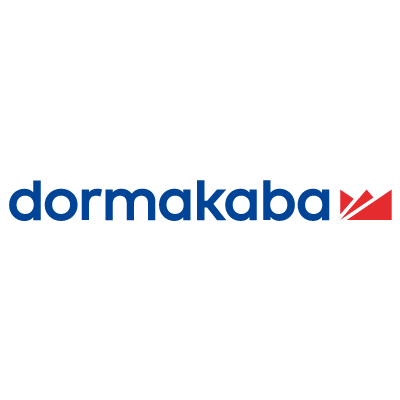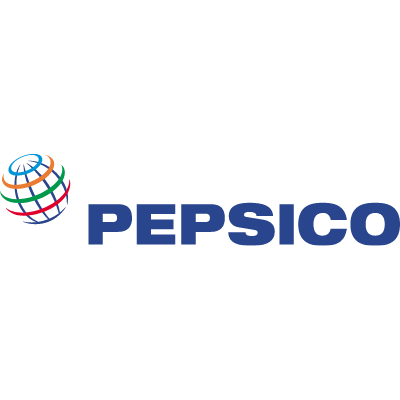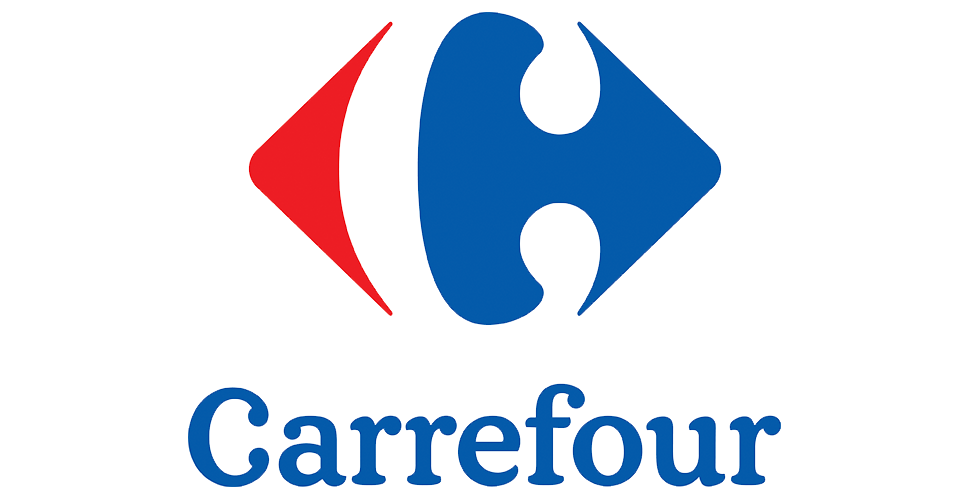In the previous article, I discussed the ten biggest pitfalls to avoid when preparing an IT project specification. Today, I am going to discuss another part of the equation—an offer for custom software development services. Once you have prepared a good IT project spec, you expect to get a good offer from IT service providers. Here is the list of criteria that such an offer should fulfill.
#1 The offer covers the required scope of the IT project.
It is all about delivering precisely what the client needs from a business standpoint. An offer for designing and building an incomplete solution may result in unexpected costs. As a result, the project might require further unplanned development in order to become fully functional and conform with the business requirements.
The offer should also clearly state that the project’s implementation method meets all requirements, aligns with the client’s goals, and matches the contractor’s understanding of those requirements. In this way, the client gets confirmation that the IT service provider correctly understands what they are committed to deliver and is offering a scope of work that will fulfill the business goal of the project.
So, this mutual understanding of the goal, scope, project requirements, and implementation approach eliminates the risk of a dispute arising during execution or acceptance of the project. Such a dispute may result in additional costs for the client or a delay in project delivery.
In a nutshell: Getting this foundation right—from scope to implementation plan—means you are setting the stage for a smooth project run, without any unwanted surprises.
#2 The project scope should be feasible for the contractor.
This is critically important. If the IT contractor improperly estimates the size of the project, even if by mistake, the consequences, such as an extended project schedule or reduced quality of products, will also negatively affect the client. Of course, it is the contractor who bears full responsibility for the project. Still, any adverse circumstances during project execution also present a challenge from the client’s perspective.
In essence: Making sure the project is a good fit for the contractor’s capabilities means smoother sailing for everyone involved and ensures you get the quality you need and a timely delivery.
Read more on bespoke software development:
Azure OpenAI services: potential business use cases
Is ChatGPT dreaming of conquering the world? Generative AI in business
The power of generative AI at your fingertips—Azure OpenAI Service
Business process optimization in the pharmaceutical industry in 2024—7 practical use cases
10 reasons you should consider legacy system modernization
Why build a custom e-commerce platform for B2B clients in the manufacturing industry?
How to choose a tech stack—10 factors every CTO/CIO should consider in 2024
#3 The offer should be comparable with others presented in the same tender.
If offers are not comparable, it is not possible to determine the most advantageous offer. And this results in selecting an offer that is either not suitable when it comes to the scope or is less economically favorable. This, in turn, requires greater involvement from the client during project implementation.
In a nutshell: These three points mentioned above—complete scope, feasibility, and comparability—are your keys to navigating the sea of offers. They ensure you land the best match for your project.
#4 The contractor is proactive and engages in the procurement process.
This engagement is crucial because it shows that the contractor is committed to truly understanding the client’s needs, with the goal of delivering a solution that brings real business value. This approach stems from an intention to build a good relationship both during project execution and after final delivery. In an ideal scenario, the successful completion of a first project should mark the beginning of a long-term partnership with more projects to follow.
When your IT service partner shows commitment to building a lasting relationship, it often means a more adaptable approach to implementing projects, smoother change management, and a willingness to adjust the scope of a project as it progresses. As a result, you as a buyer will receive a custom software solution that is better tailored to your specific needs. Last but not least, a committed contractor tends to offer a more flexible approach to the project scope, eliminating the risk of problems occurring during its execution.
Bottom line: A contractor committed to a long-term relationship offers flexibility, better change management, and a tailored IT solution—minimizing hiccups along the way.
#5 The offer is customized to meet the requirements from the specs.
Customization within the offer implies that it is not template-based but rather tailored to meet the client’s specific project requirements.
This serves as a strong indication that the contractor will maintain this personalized approach throughout the implementation phase. The effort put into customizing the offer and the contractor’s meticulous preparation, reflecting a deep understanding of the client’s needs, will lead to a project execution that is considerate of the client’s circumstances and aligns with their requirements. This approach ensures the project is shaped around the client’s needs, rather than forcing those needs to conform to the features of the proposed solution or the contractor’s software development processes.
In essence: A personalized offer suggests a project journey that is built around you, ensuring that the final product is the right fit for your situation.
#6 The project methodology is described in a detailed way.
First and foremost, a detailed project methodology means that the custom software development company works in an organized manner and has established standards, procedures, and best practices when it comes to custom software development. For the buyer, this means that the project will be executed in a transparent way and they will have a good insight into development work.
Additionally, when the contractor acknowledges the role of the client in the described method of implementation, it indicates that the contractor is keen to build a foundation for a good working relationship and will consider any client needs expressed during the execution, not just at the stage of setting up requirement.
The takeaway: A detailed approach to project management means a smoother ride for both parties, with a strong emphasis on collaboration and respecting client needs every step of the way.
#7 The offer shows a high level of technical expertise.
Technical expertise is manifested in a thorough description of the solution’s architecture, chosen tech stack, and technical issues related to integrating the solution into the client’s ecosystem.
Such a detailed description demonstrates the contractor’s technical ability to execute the project and reassures the client that the proposed solution aligns with their requirements and standards. It also ensures that the technical solutions have been tailored to the specific needs of the client, not just the execution capabilities of the contractor.
More importantly, a high level of technical expertise will ensure there’s effective knowledge transfer between the contractor’s and client’s teams. The client also knows that the concept of the custom software solution was prepared by IT experts that have up-to-date knowledge and experience in similar projects.
In short: Demonstrated technical expertise is not just about making things work; it is about crafting a solution that is tailored to your needs and ensuring everyone is on the same page, tech-wise.
#8 The offer contains the appropriate level of detail.
The right level of detail in the offer allows the buyer to understand how challenging or labor-intensive specific elements of the solution will be. In this way, the buyer can evaluate different offers according to the same criteria. What is even more important is that it is possible to adjust the scope of the project, if the project implementation method allows, during its execution. This will also be beneficial for future tenders.
Even if the project specs are general, the project description in the offer should still be as detailed as possible. This detail confirms that the contractor understands the requirements correctly and allows the buyer to clearly see the project scope. All this confirms that the IT service provider understands what the project is about and is committed to delivering it within the required scope.
In the case of very detailed specs, a detailed project description works in the same way, confirming that the contractor has correctly identified the scope and has properly estimated the work needed and cost of the project.
Bottom line: Detail matters. It ensures you and your contractor are on the same page from the start, setting the stage for a project that meets your expectations down to the minutest details.
#9 All key problems in the project, even the less obvious ones, are addressed properly.
Properly addressing problems shows that the provider correctly understands the project’s goal and is offering a solution that is complete and fully functional. Additionally, based on their experience, they should supplement the project scope with key elements that may not have been included in the specification or were described in a way that does not fully reflect their importance.
In other words, a complete offer should address not only the explicitly described requirements but also elements the client may be unaware of due to a lack of experience or expertise in this particular area.
Similarly, when project specs contain inconsistent requirements or design flaws, a reliable IT service provider should be able to spot this, clarify, and, when clarification is not possible, describe their assumptions in the offer, as well as propose a viable solution. In this way, the client will be aware of potential issues in the project specs and will know how the contractor plans to solve them.
Usually, a specialized IT service provider has more experience in building similar solutions than the client, especially in the case of complex, enterprise solutions. They should be able to address hidden issues or inconsistencies when preparing an offer.
This criterion is crucial when it comes to choosing the best offer and the contractor.
The takeaway: It is this ability to identify and propose solutions for both known and hidden issues that sets apart a truly reliable custom software development company. This depth of insight is critical for evaluating offers and choosing the right partner for your project.
#10 The offer should identify risks and gaps.
In a well-crafted offer, the IT service provider will not hesitate to identify risks and gaps and propose optimal solutions. Of course, these risks and gaps may call for reviewing the project scope, budget, and schedule. But the role of a reliable custom software development company is to openly and in time highlight potential issues to avoid more serious problems at the later stages of the project. The client should be aware of them before the project starts and be able to address them to finish the project successfully, without the need for change management or accepting a solution that may not meet expectations.
Additionally, the contractor should supplement this specification with components that are required for execution but were not explicitly indicated in the project specs (e.g., an optional increase in infrastructure costs in the case of implementing high availability, which assesses how critical it is for meeting the project goal, despite such a requirement not being specified). If such components are not described in detail, it significantly complicates the evaluation of the offer and its comparison in practice.
The bottom line: A provider that identifies and addresses risks and gaps early ensures you are set for success, minimizing surprises, and fostering a transparent, trust-filled partnership.
#11 The offer is complete.
In practice, an offer being “complete” means that all components within the scope of the project should be listed. Therefore, the offer should not omit elements required by the client or aggregate them into general, unclear categories for evaluation. This particularly applies to components such as infrastructure costs, third-party licenses, system maintenance parameters, etc.
In essence: A complete offer leaves no stone unturned, ensuring everything is transparent and evaluable, setting a clear path for your project’s journey.
Wrap-up
These are the 11 criteria that a good offer for software development services should fulfill. If all the offers you receive meet these criteria, you are in a good position to choose the best one. Bear in mind that the best offer should not necessarily be the cheapest one. The competitiveness of an offer comes from it being complete, covering the scope of the project, and allowing the buyer to achieve their business goal. Offers that are incomplete, have limited scope, do not conform with the original requirements, or are based on incorrect assumptions and interpretations should be rejected.
I hope this short guide will help you navigate through the sea of offers and pick the best one, both tech- and business-wise.









